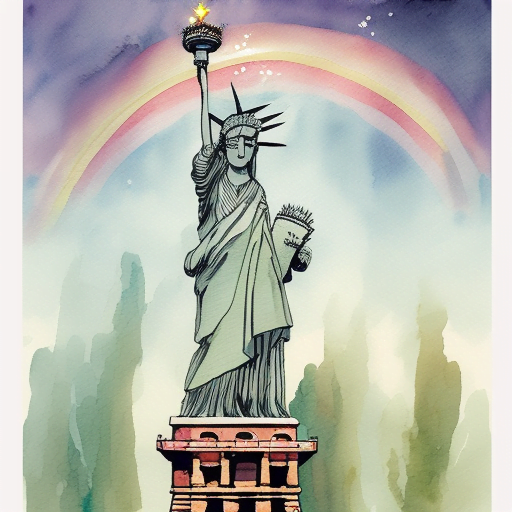 Fear Bullying: Not workable in a Democracy and a Capitalist Society
Fear Bullying: Not workable in a Democracy and a Capitalist Society
In a democratic and capitalist society, the principle of freedom of expression is highly valued. It allows individuals to voice their opinions and engage in political discourse without fear of retribution. However, with this freedom comes the responsibility to maintain a healthy and respectful public discourse. One emerging problem that threatens this balance is the phenomenon of fear bullying. Fear bullying involves using intimidation tactics, both physical and verbal, to suppress opposing viewpoints or to coerce compliance with a particular ideology. This article aims to analyze the problem of fear bullying within the context of recent events, such as the January 6th insurrection and the controversies surrounding corporate support for LGBTQ+ rights.
Fear Bullying and the January 6th Insurrection:
The January 6th insurrection at the United States Capitol was a shocking display of fear bullying on a national scale. Elmer Stewart Rhodes, the leader of The Oath Keepers, was recently sentenced to 18 years in prison for seditious conspiracy. This case highlighted the danger posed by extremist groups that resort to violence to undermine democratic processes. Rhodes’ defiant attitude during the court hearing demonstrated his lack of remorse and a sense of entitlement to use fear tactics to achieve his political goals. By applying a terrorism enhancement to Rhodes’ sentence, the judge acknowledged the severity of the threat posed by fear bullying in a democratic society.
“For God has not given us a spirit of fear, but one of power, love, and sound judgment.” – 2 Timothy 1:7
Consequences of Not Confronting Fear Bullying:
If society fails to confront the issue of fear bullying, significant consequences can arise. Firstly, the erosion of democratic values and principles may occur, as fear tactics suppress dissenting voices and undermine the free exchange of ideas. In a healthy democracy, diverse perspectives are essential for informed decision-making and societal progress. Fear bullying restricts this diversity and limits the potential for meaningful dialogue and compromise.
Moreover, the repercussions extend beyond democratic processes. Fear bullying can also harm individuals and communities directly. The fear of violence or intimidation can deter individuals from expressing their opinions freely, leading to self-censorship and the stifling of ideas. This silencing effect undermines the fundamental principles of democracy and the ability to address social issues constructively.
Fear Bullying and Corporate Support for LGBTQ+ Rights:
Another arena where fear bullying manifests is in the context of corporate support for LGBTQ+ rights. Companies that openly express support for LGBTQ+ communities have faced backlash from certain conservative groups. These groups employ fear bullying tactics such as boycotts, threats, and vandalism to intimidate corporations into retracting their support. The fear of negative repercussions can force companies to compromise their values and abandon their commitment to diversity and inclusion.
In a capitalist society, businesses should be free to make decisions based on market demand and societal values. However, fear bullying undermines this freedom by manipulating market forces through intimidation. This type of coercion threatens the autonomy of businesses and their ability to act ethically and in line with their stated values.
Confronting Fear Bullying:
To address the problem of fear bullying, it is crucial to uphold the principles of democracy and capitalism while ensuring the safety and well-being of individuals and communities. This requires a multi-faceted approach. Firstly, law enforcement agencies must diligently investigate and prosecute instances of fear bullying, as seen in the January 6th cases. Holding individuals accountable for their actions sends a strong message that fear tactics will not be tolerated in a democratic society.
Additionally, public education and awareness campaigns can play a vital role in countering fear bullying. By promoting inclusivity, tolerance, and respect for diverse viewpoints, these campaigns can foster an environment where fear tactics are less likely to thrive. Promoting dialogue and encouraging empathy can help bridge ideological divides and create spaces for constructive discussions.
It’s Not Smart for a Republic, Business or the Economy
Fear bullying poses a significant threat to the principles of democracy and capitalism. By employing intimidation tactics, fear bullies seek to suppress opposing viewpoints and coerce compliance with their ideology. The consequences of not confronting this issue include the erosion of democratic values, the stifling of diverse perspectives, and the compromising of ethical business practices. To combat fear bullying, society must uphold the principles of democracy and capitalism while implementing measures to ensure the safety and well-being of individuals and communities. By doing so, we can protect the fabric of our democracy and maintain a society that encourages open dialogue, inclusivity, and progress.












